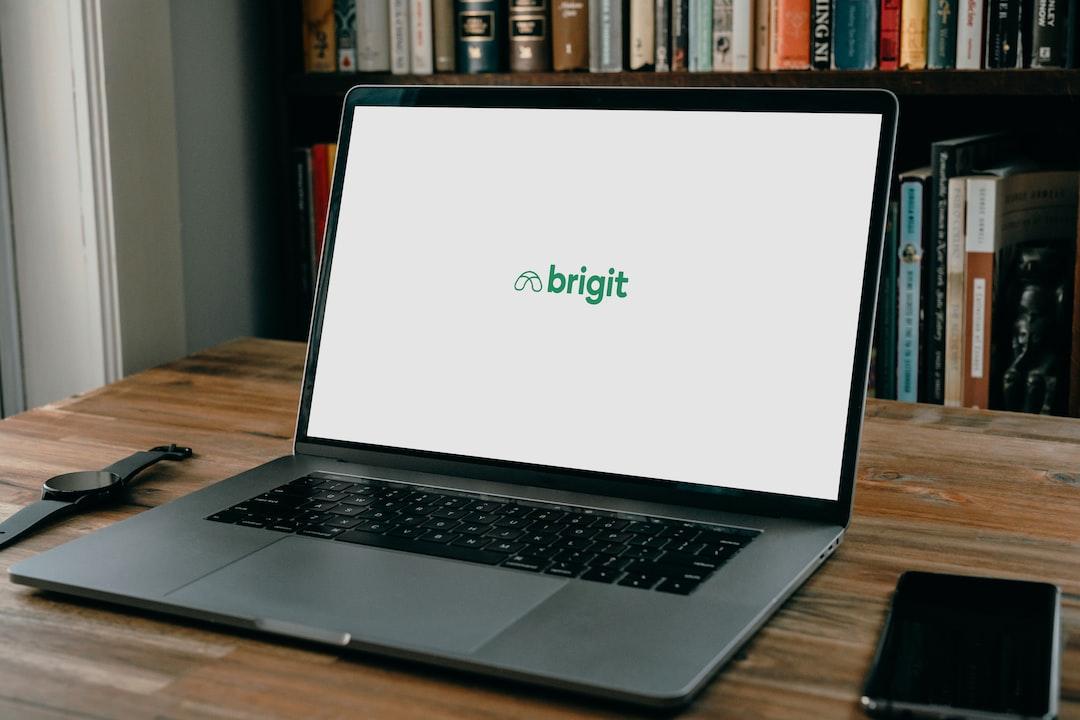The Central Bank of the United Arab Emirates (CBUAE) board of directors has given the green light for a new system to regulate and license stablecoins.
During a meeting in Abu Dhabi, the board discussed various projects falling under the government’s financial infrastructure transformation (FIT) program. The primary goal of this initiative is to enhance digital transactions, promote the country’s digital economy, and encourage innovation.
Chaired by UAE Vice President and CBUAE Chairman Sheikh Mansour bin Zayed Al Nahyan, the meeting included esteemed members such as deputy chairmen Abdulrahman Saleh Al Saleh and Jassem Mohammad Al Zaabi, CBUAE Governor Khaled Mohamed Balama, and other board members.
In a recent interview with local media Unlock Blockchain, Kokila Alagh, the founder of KARM Legal Consultants, explained that the newly approved regulations outline the process of issuing, licensing, and supervising dirham-backed payment tokens. According to Alagh, these tokens must be backed solely by UAE dirhams and cannot be tied to other currencies, digital assets, or algorithms. Merchants and service providers are only permitted to accept dirham-backed tokens and no other virtual assets.
In addition to the stablecoin licensing system, the meeting also touched upon key projects under the FIT program. Earlier in February, the CBUAE announced its plans to introduce a central bank digital currency (CBDC) as part of the FIT initiative. The aim of launching a CBDC is to address inefficiencies in cross-border payments and drive innovation in domestic payments, ultimately positioning the UAE as a competitive financial and digital payments hub.
On a related note, the Dubai Financial Services Authority (DFSA) recently updated its rules for stablecoin recognition. As of June 3rd, the regulator has introduced additional criteria for recognizing stablecoins. Presently, the DFSA only acknowledges a select number of crypto tokens, including Bitcoin (BTC), Ether (ETH), Litecoin (LTC), XRP (XRP), and Toncoin (TON). Nonetheless, with the revised token regime, the regulator has allowed investments in unrecognized crypto tokens, provided that such investments do not exceed 10% of the funds’ gross asset value.
For more insights into the crypto landscape in Dubai, check out “Crypto City: Guide to Dubai” magazine.

